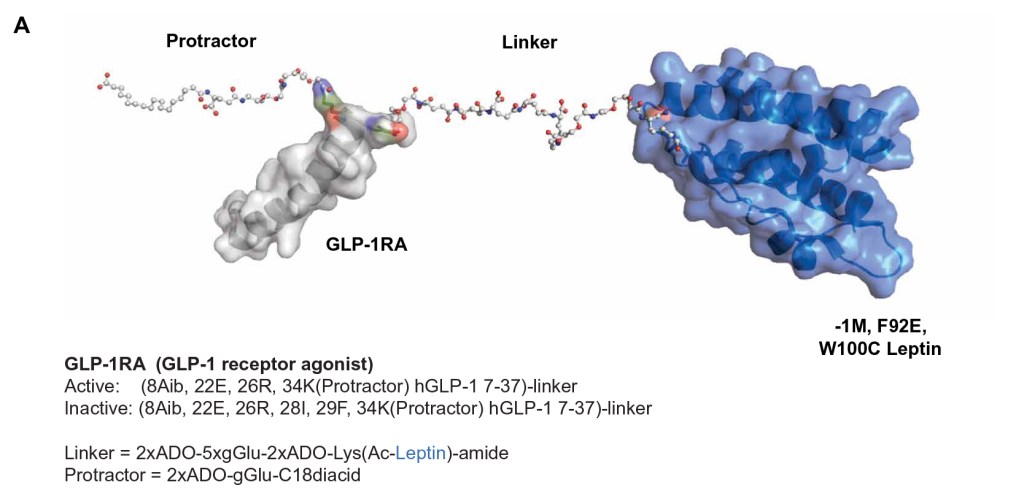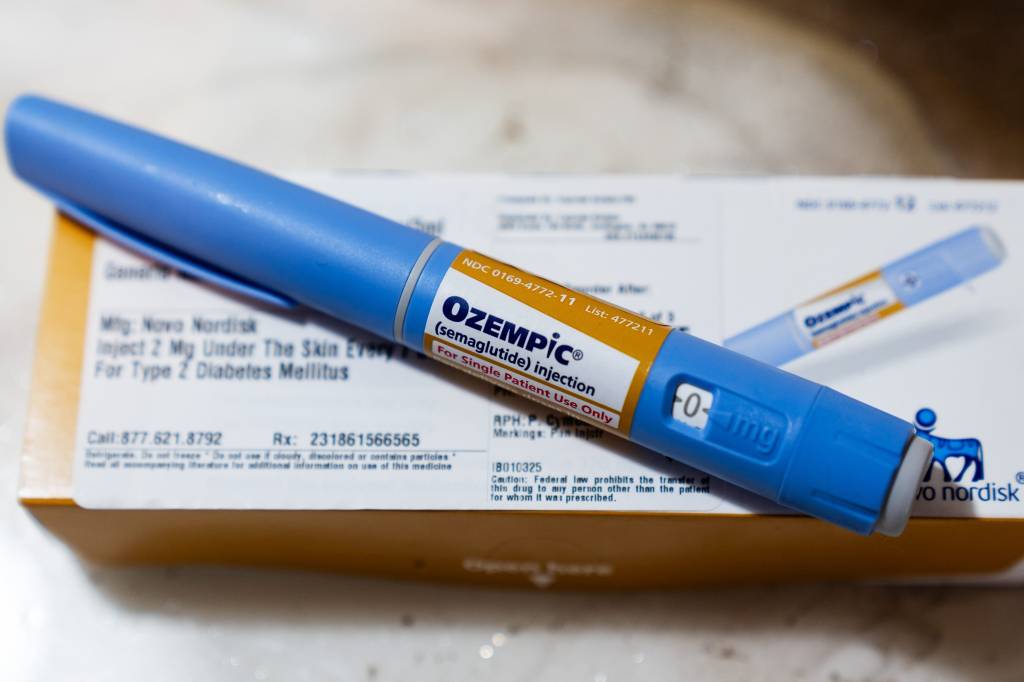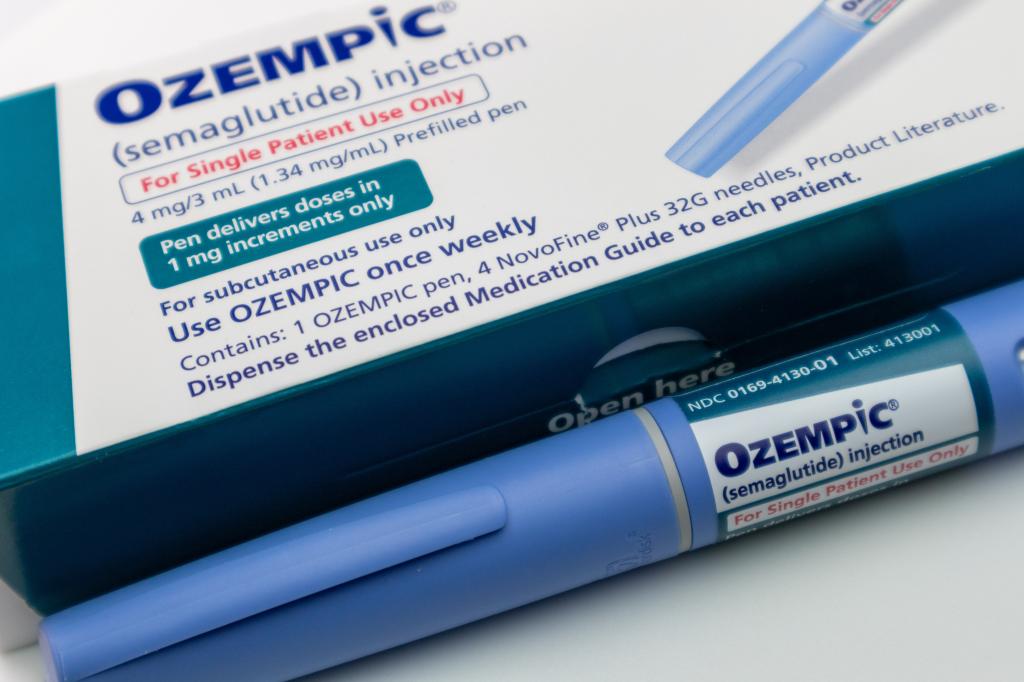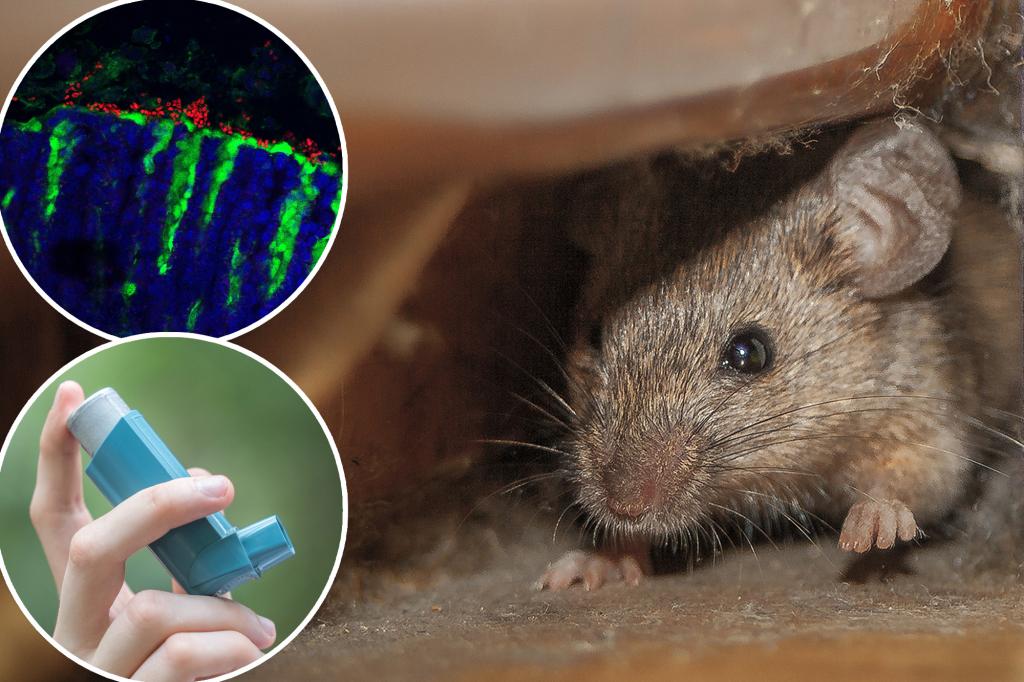The discovery of GLP-1 may offer even better appetite suppression than Ozempic
Ozempic’s maker, Novo Nordisk, says it has developed a compound that has been shown to be a one-stop-shop for appetite suppression and weight loss in mice.
Ozempic promotes weight loss by mimicking the GLP-1 hormone that the body naturally produces after eating, so users feel fuller for longer. This potential new therapy harnesses the power of GLP-1 while activating the receptor for leptin, a hormone released by fat cells that signals the brain to stop eating because enough energy has been stored.
Leptin enhances weight loss when used in combination with other weight loss agents, including [GLP-1 drugs],” wrote the team from Novo Nordisk and the University of Michigan in a paper published Wednesday in the journal Science Translational Medicine. “This observation suggests that the use of leptin as part of combination therapies represents a potential approach for more effective obesity treatment.”

In developing the daily injection, researchers built on the knowledge of neurons in the brains of mice that respond to signals from GLP-1 and leptin. They found similar neurons in rhesus monkeys.
The researchers say they haven’t determined whether people have the same neurons that could be targeted with this therapy to reduce food intake and body weight.

“The purpose of this paper was not to determine the viability of this approach in humans,” Randy Seeley, a professor of surgery, internal medicine and nutritional sciences at the University of Michigan School of Medicine, told The Post.
“Rather, the goal here was to prove that this type of molecule could produce weight loss in a mouse where leptin itself does not,” Seeley added. “We also set out to prove that both the leptin and GLP-1 parts of the molecule were essential for weight loss.
He said the team’s paper “sets a standard for how the scientific community should explore the mechanisms” of this dual approach.
The research follows a KFF health tracking survey in May in which 12% of adults reported taking a GLP-1 drug at some point. Six percent said they were currently using one.
There are a variety of GLP-1 drugs on the market to treat obesity or type 2 diabetes. Ozempic and Wegovy contain semaglutide, while Zepbound and Mounjaro contain tirzepatide and Victoza has liraglutide.
These drugs differ in their dosage schedules and weight loss effects. Novo Nordisk is also developing a weight loss pill, amycretin, which led to 13.1% weight loss in 12 weeks during a phase 1 trial.
#discovery #GLP1 #offer #appetite #suppression #Ozempic
Image Source : nypost.com





